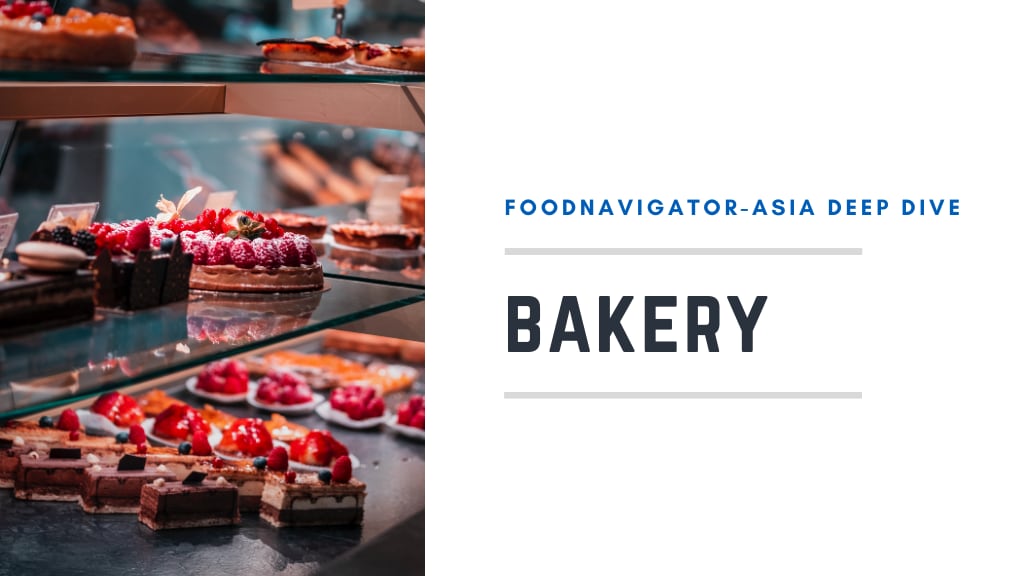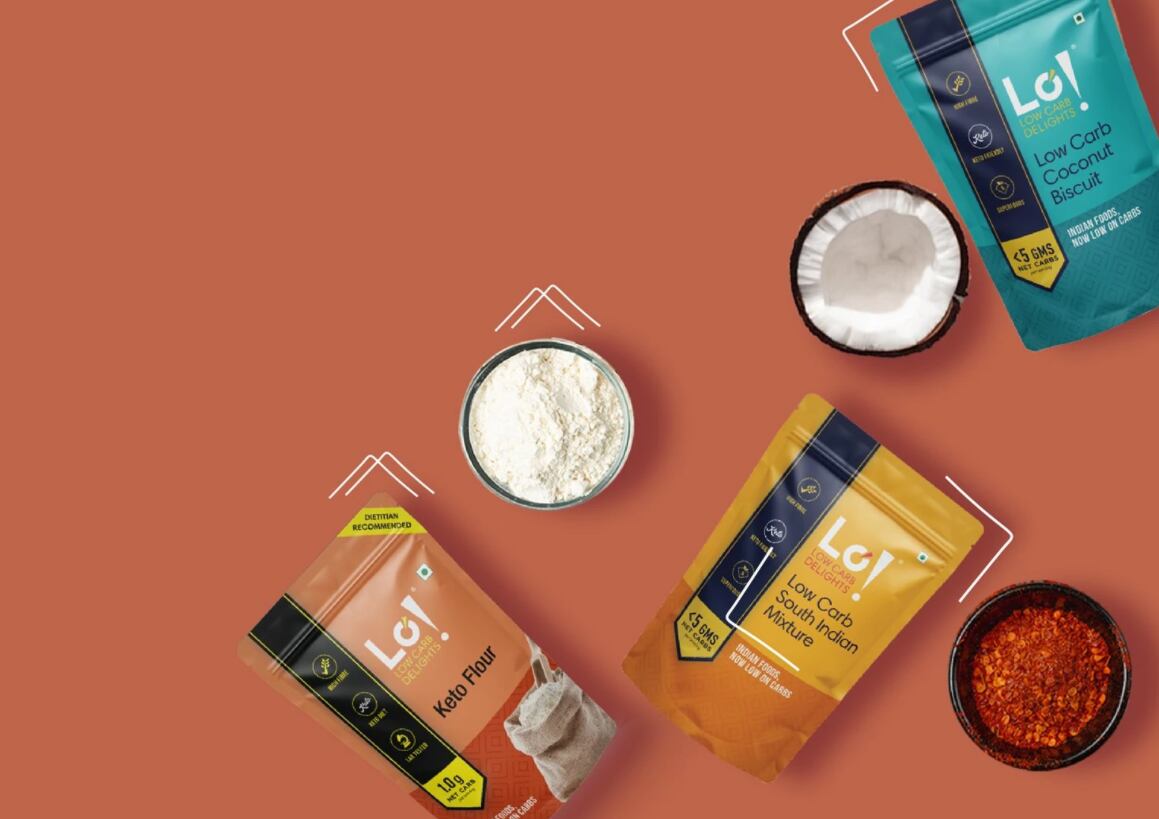The New Zealand government issued its decision to mandate the fortification of folic acid in all non-organic wheat flour used for bread making in hopes to improve health outcomes earlier this year, giving all related flour and bakery firms until mid-2023 to make the necessary transition.
“This is about protecting babies. Low folate levels in mothers cause neural tube defects (NTDs) that result in the death of babies, or life-long disability,” Minister for Food Safety Dr Ayesha Verrall said in a formal statement.
“New Zealand’s rate of NTDs remains too high compared to other countries who have a mandatory fortification approach, such as Australia, Canada, and the United States.”
The folic acid issue has been under discussion in New Zealand for some years now – in 2012, the government had already decided not to mandate this but to let companies do this on a voluntary basis, but again in 2019 the proposal was brought back under consultation and now the initial decision has been reversed.
Not everyone is in favour of the government’s new mandate – the New Zealand Food and Grocery Council (NZFGC) had hailed the original 2012 decision as a ‘victory for common sense’ to prevent too much folic acid entering the food supply instead, and is now calling for more caution to be exercised.
“[NZFGC] has made clear our support of folate and its role in nutrition. Members of FGC have been voluntarily fortifying bread for many years now. NZFGC Chief Executive Katherine Rich told FoodNavigator-Asia.
“Our caution has always been based on evidence of concerns about [issues including potential] over-consumption [especially] children one to eight years old; the interaction of a high folate status and low vitamin B12 with respect to cognitive function; and the impact of unmetabolised folic acid circulating in the blood.
“[In addition], it is accepted that folic acid can have both positive and detrimental effects [in relation to] cancer depending on factors such as dosage taken and timing of exposure [as per a] Royal Society report. Thus, adequate folate is essential to maintain normal function of healthy cells, but high folate levels may accelerate the growth of pre-existing tumours.”
Rich argued that given New Zealand food firms have already been voluntarily fortifying local bread with folic acid for such a long time, the government needs to conduct a proper National Nutrition Study to confirm how much folic acid is already in the food supply in order to prevent excess intake taking place instead.
“The data on what New Zealanders eat is wildly out of date - The National Nutrition Survey for children was last completed in 2002, and for adults in 2008. [As a matter of fact], industry, academics, and officials have all been united on lobbying for a new survey,” she said.
“[The food industry has already voluntarily added folic acid to a range of grocery products, including breakfast cereals and to bread - Between 38% to 50% of all bread is already fortified.
“[So] without up-to-date information, the government runs the risk of flying blind on critical decisions about nutrition and the food supply [such as adding too much folic acid to the food supply].”
Voices of support
That said, many nutrition and health professionals are in full support of the government’s decision.
In a statement to Science Media, dietitian Rhodi Bulloch from the University of Auckland highlighted how this was important especially for unplanned pregnancies, as women often realise the pregnancy after the neural tube has closed making it too late to help NTD.
“Folic acid supplementation in pregnancy and woman of childbearing age is an equity issue in New Zealand. With half of pregnancies unplanned, women often realise they’re pregnant [too late],” she said.
“We see lower rates of folic acid supplementation pre- and during pregnancy in our priority groups such as Māori and Pacific women. Mandatory folic acid fortification will not only improve neural tube defect rates, but also help to reduce inequities in folic acid intake in New Zealand.”
Massey University Nutrition Science lecturer Dr Louise Brough echoed this, saying that bread is an ideal medium to provide pregnant mothers with folic acid due to its commonality.
“[Bread] is widely consumed by the NZ population, with bread intake being higher among those on lower incomes, [making it] an excellent vehicle [for folic acid supplementation].”
Australia introduced mandatory folic acid fortification in 2009 – according to government data, its NTD rates fell by 14% overall, 74% amongst indigenous communities and 55% amongst teenage mothers after this was implemented.





